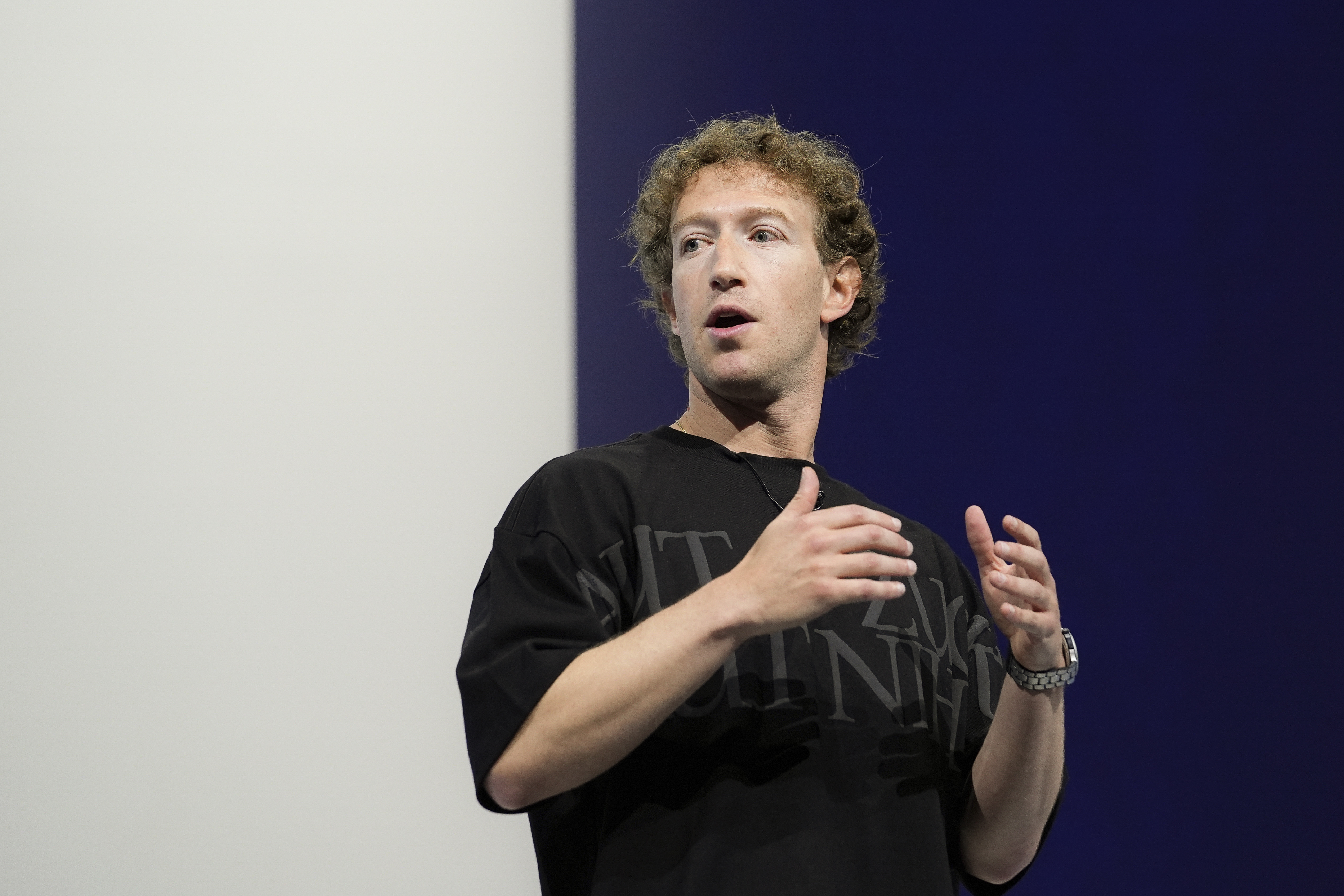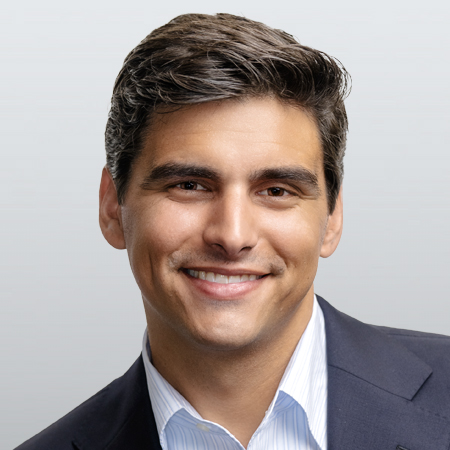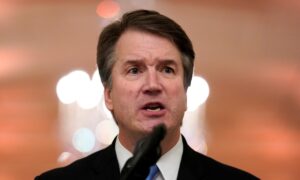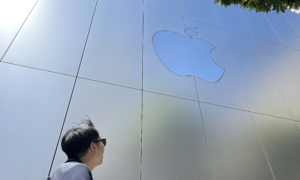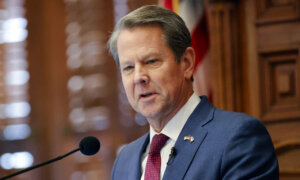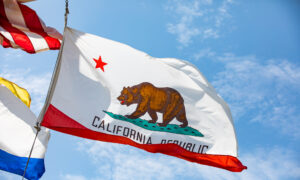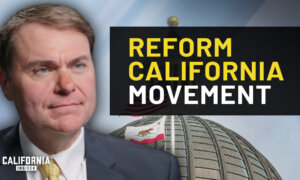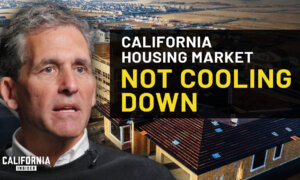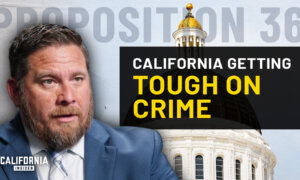Meta is ending its fact-checking program in the United States and replacing it with community notes, similar to the system used by Elon Musk-owned social media platform X, the company announced on Jan. 7.
After President-elect Donald Trump was elected in 2016, Meta started a fact-checking program. Third parties would tackle some topics, leading to posts being removed or flagged.
“It’s time to get back to our roots around free expression on Facebook and Instagram,” Meta CEO Mark Zuckerberg said in a video.
The fact-checkers “have become too politically biased and have destroyed more trust than they created, especially in the U.S.,” Zuckerberg said.
Community notes are based on feedback from users. Notes that receive a certain number of votes across people with different ideologies are displayed under posts.
The notes “empower their community to decide when posts are potentially misleading and need more context, and people across a diverse range of perspectives decide what sort of context is helpful for other users to see,” Joel Kaplan, Meta’s chief global affairs officer, said in a Jan. 7 blog post.
Meta, which owns Facebook, Instagram, Threads, and WhatsApp, is also simplifying its content policies by removing rules related to topics such as immigration and gender.
The rules “are just out of touch with mainstream discourse,” Zuckerberg said. “What started as a movement to be more inclusive has increasingly been used to shut down opinions and shut out people with different ideas. And it’s gone too far.”
He added later: “I want to make sure people can share their experiences and beliefs on our platform.”
While Meta will still act the same when it comes to severe violations for topics such as drugs, the company will only act against posts that are deemed low severity if people report the post. In the past, Meta used its systems to scan the platform for violations and took action against posts that violated its policies.
The change will result in fewer bad posts being taken down, but will also reduce accidental takedowns, Zuckerberg said, as mistakes have been made.
“Even if they accidentally censor just one percent of posts, that’s millions of people. And we’ve reached a point where it’s just too many mistakes and too much censorship,” Zuckerberg said.
More Politics
Meta has largely stopped showing political content to users, citing user feedback.“[W]e won’t proactively recommend content about politics on recommendation surfaces across Instagram and Threads,” the company said in 2024.
People have been telling Meta officials recently that they want to see more political content, according to Zuckerberg, so Meta will be phasing political content back into feeds.
“We don’t want to get between people and the posts they may find valuable, and after testing various approaches to political content in recent years we will begin to treat it more like other types of content on our platforms,” Meta said in a statement.
That includes recommending political posts to users who give off signals that they want to see such content, Kaplan said.
Meta is also shifting its content moderation team out of California, where the company is headquartered, to Texas. The hope is that the shift will help restore confidence in the team, Zuckerberg said.
Zuckerberg, who recently met with Trump, also said that Meta will be working with the president-elect to push back against governments around the world that are seeking to censor people, including the Chinese Communist Party. Zuckerberg said it’s been difficult during the Biden administration because even the U.S. government has been advocating for censorship, which he said has “emboldened” other governments.
“I’m looking forward to this next chapter,” Zuckerberg said.
Trump addressed Zuckerberg’s comments during a Jan. 7 press conference at Mar-a-Lago, calling it “a very good news conference.”
“Honestly, I think they’ve come a long way, Meta, Facebook,” he said. “I think they’ve come a long way. I watched it. The man was very impressive.”
When asked if he thought the change was in direct response to the threats he made in the past, the president-elect said, “Probably.”
